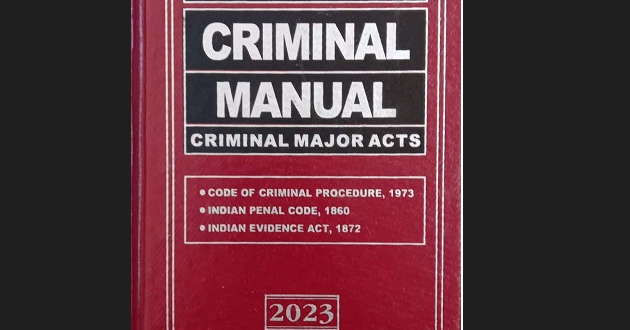It can be overwhelming and stressful if you or a loved one is facing criminal charges. The trial is one of the most critical stages of the criminal justice process. In the trial, the prosecutor will present evidence and try to prove the defendant’s guilt beyond a reasonable doubt. The defense attorney will argue against this evidence and submit their evidence and arguments.
Knowing about criminal trials can alleviate some of the stress and anxiety surrounding the process. In such cases, you must know the critical components of a criminal trial and what you can expect during each stage. You can also contact a Syracuse criminal defense lawyer if you need help with legal representation.
Decoding a criminal trial:
- Jury selection
Jury selection is a critical part of a criminal trial. During this stage, the prosecutor and defense attorneys will question potential jurors to determine if they are impartial and can decide the case based on the evidence presented. A jury is selected based on their ability to be fair and impartial.
- Opening statements
During the opening statements, the prosecutor and defense attorneys will give their initial arguments to the jury. The prosecutor will outline the evidence they will present and the charges against the defendant. The defense will give their version of events and the evidence they will present to support their case.
- Presentation of evidence
The prosecutor will present evidence to the jury to support their case against the defendant. This evidence can include witness testimony, physical evidence, and documents. The defense may also present evidence to rebut the prosecution’s case and prove their innocence.
- Cross-examination
Both the prosecution and defense attorneys have the opportunity to cross-examine witnesses presented by the opposing side. It is done to challenge the witness’s credibility or the evidence presented. Cross-examination can be a powerful tool in either side’s case.
- Closing arguments
During closing arguments, the prosecutor and defense attorneys will summarize their cases and arguments for the jury. They will remind the jury of the evidence presented and attempt to persuade them to find it in their favor. Their last chance is to make their case before the jury begins deliberations.
- Jury deliberation and verdict
After the closing arguments, the jury will deliberate in a private room to reach a verdict. The verdict must be unanimous, and the jury must find the defendant guilty beyond a reasonable doubt for a conviction. The judge will then impose a sentence, including fines, imprisonment, or probation.






